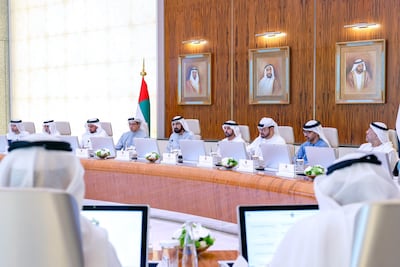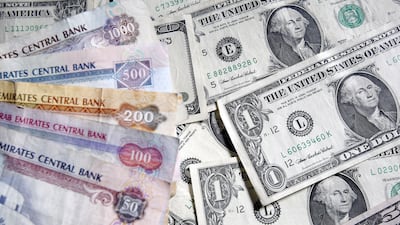More than 400 financial crime fighters from across Asia and the Pacific have quietly gathered in Abu Dhabi for an event that, while out of the public eye, plays an essential role in protecting the global financial system. The Asia/Pacific Group on Money Laundering (APG), one of nine regional bodies comprising the Financial Action Task Force (FATF) network, is holding its first-ever annual meeting in the Mena region, a significant moment for both the UAE and global financial crime enforcement.
Why has the APG chosen the UAE, a country outside its regional grouping, for this high-profile meeting? The answer is simple: the UAE is a key player in the fight against financial crime, underscoring the necessity of strategic global partnerships in a world where financial crimes transcend borders. Criminal networks, often enabled by rapid technological advances, operate on an international scale, exploiting weak points wherever they exist. The UAE understands that effectively combating this menace requires strong, co-ordinated efforts across nations.
In recent years, the UAE has intensified in the fight against money laundering and financing of terrorism, reflecting its position as a trusted international partner. The country has signed 45 legal assistance agreements, strengthened its international co-operation network, and participated in a range of events organised by global and regional anti-money laundering (AML) bodies, including FATF, MENAFATF, APG, Eurasia Group (EAG) and more. Central to this effort is the UAE’s unwavering commitment to transparency and fact-based communication with its partners.

This international collaboration has produced tangible results. In 2022, the UAE successfully extradited 109 wanted criminals, a figure that nearly doubled in 2023 with 214 extraditions. The exchange of high-quality financial information has also bolstered national money laundering investigations, resulting in significant asset recovery – Dh3.5 billion ($952.9 million) in the first half of 2024 alone, a notable increase from Dh2.34 billion in 2023.
Given this momentum, hosting the APG Annual Meeting in the UAE is a fitting acknowledgment of the country’s achievements. The UAE – home to two leading financial hubs and a diverse, highly skilled workforce – is a vital player in the global economy. Its growing leadership in AML/CFT (Anti-Money Laundering and Countering the Financing of Terrorism) efforts reflects its readiness to engage with international partners in addressing the world’s most pressing financial crime challenges.
The UAE’s role as host of this important meeting is also a testament to our commitment of a more integrated approach to global financial crime enforcement and enlarged role for FATF-style regional bodies.
This week’s meeting will include evaluations of five APG member states, alongside technical sessions on a wide range of topics such as the latest financial crime trends and capacity building. But more than formal presentations, what will matter most are the informal discussions between delegations – conversations that will shape the way forward in tackling the challenges unique to different nations. These discussions will reveal how no single solution fits all, given each country’s unique financial crime threats and resources, but they will also highlight how cross-regional co-operation can yield progress.
The UAE’s experience in collaborating with countries like India, Bangladesh and Nepal to monitor remittance-related cash payments shows how diverse nations can unite to find innovative solutions to common problems. The UAE itself will present on timely topics such as virtual assets, beneficial ownership and public-private partnerships – all areas where the nation has made significant strides and is ready to share best practices.
This meeting is one of several key milestones for the UAE in 2024. The country recently introduced a new National Strategy for 2024-2027 and further enhanced its AML/CFT framework to centralise and streamline operations. The enhanced framework, overseen by the Higher Committee and led by an expanded National Committee, includes the former Executive Office of Anti-Money Laundering and Counter Terrorism Financing, which now serves as the General Secretariat. Additionally, the UAE is preparing to release its latest National Risk Assessment, completed in collaboration with the World Bank Group, which will provide an in-depth understanding of the nation’s risks and vulnerabilities in the financial crime space.
These actions reflect the UAE commitment to safeguarding the integrity of the financial system is not only a national priority but a global one. Through this week’s APG meeting and beyond, the UAE is proving itself a trusted partner in the international fight against financial crime, setting a standard for others to follow.
As the APG meeting unfolds in Abu Dhabi, the significance of this gathering cannot be overstated. Financial crime is not an issue confined to one country or region; it is a global threat that requires a unified, international response. The UAE’s leadership in hosting this important summit is a clear signal that it intends to be at the forefront of that response, working alongside its partners in the Asia/Pacific Group and beyond to protect the global financial system from those who seek to exploit it.


